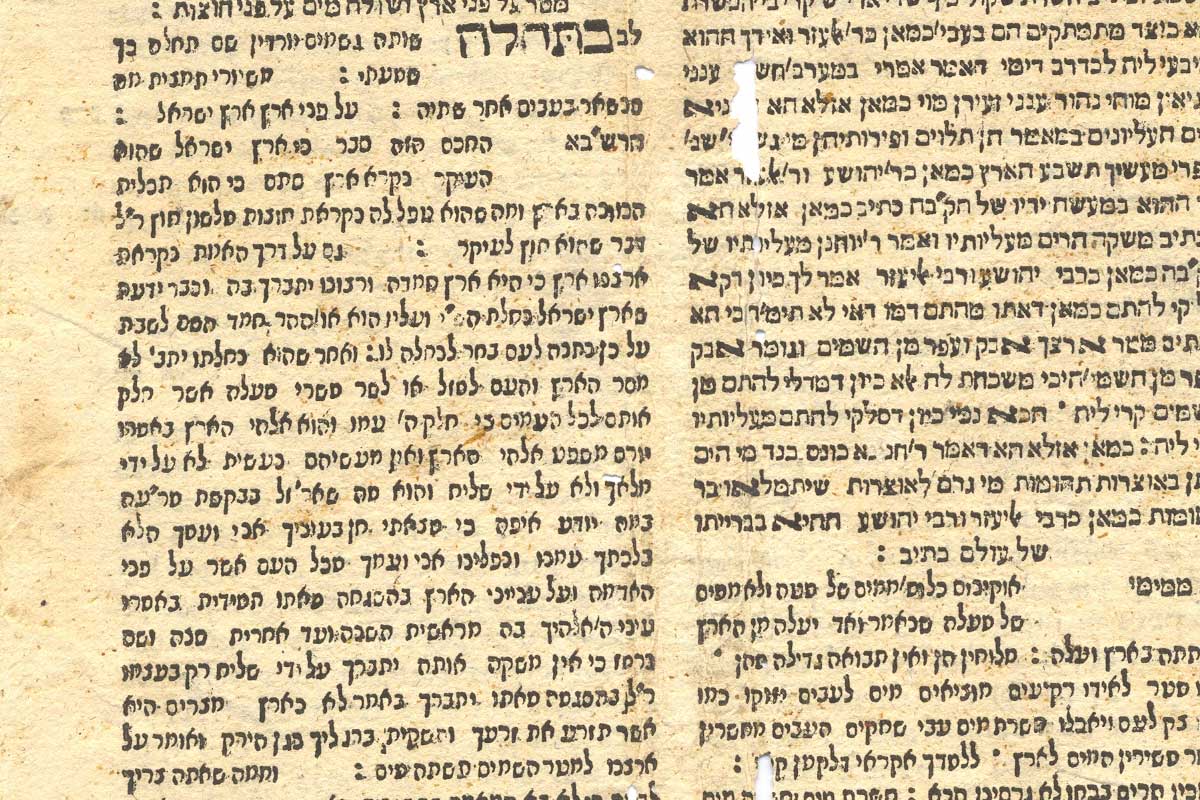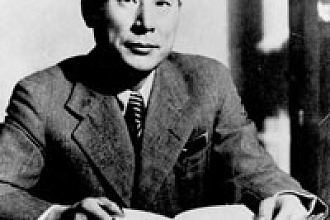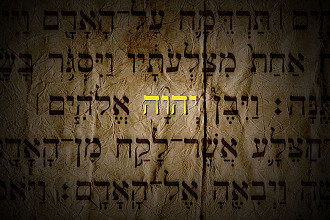Question: What is the Talmud and Should it be Studied?
Answer: The Talmud is Jewish rabbinical writings written to instruct people how to live out their interpretation of the Torah. Yeshua addressed some of these, such as the command to strain water to avoid swallowing a gnat.
The purpose was to put an extra line of protection around God’s laws to keep people from breaking God’s laws. For example, if an electric company has a highly dangerous station, to keep people from even coming close to it they put a fence with a 10 foot boarder around the station. It is perfectly safe to walk within those 10 feet as long as you don’t touch any of the electrical components, but the fence is there to give even extra protection.
The motive was good, but in practice people began making the fence the law, and thus, with my example, even if an electrician went into the fenced area he would be considered a “law breaker”, thus the traditions to keep people from breaking the law became the law.
A biblical example is how far to walk on the Sabbath. The Bible does not say, but the Talmud does. And people made that the law.
Paul at times addresses those laws. People often confuse Paul’s use of the word law to always mean the 10 commandment laws, but Paul, and others, use the law at times to describe the 10 commandment, the Torah, the Bible, man-made rabbinical Talmudic law, traditions, laws of gravity, law of the carnal nature (gravitates to sin), political laws, etc. Thus we need spiritual discernment in interpreting their use.
Back to your question – should the Talmud be studied? In my opinion, if a person had a lot of time on their hands, they could read it, but take into consideration it is not necessarily divinely inspired and should not become the law to follow. At the same time a much better use of our time is reading the Bible (which is divinely inspired) over and over again, putting it into practice, helping and ministering, and sharing God’s word with others. If we do those things correctly we won’t have much time left over for much else.
Rabbi Jeff















